Out of bounds?: Court can’t supervise NAB probes, says KK Agha
Top prosecutor claims Supreme Court has its limitations.
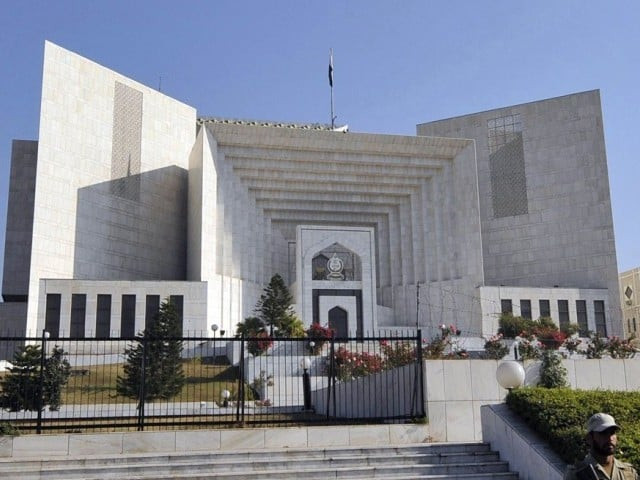
Top prosecutor claims Supreme Court has its limitations. PHOTO: AFP
The Supreme Court has no power to supervise the National Accountability Bureau’s investigation into corruption cases, the graft watchdog’s prosecutor general K K Agha contended before a two-judge bench, headed by Justice Jawwad S Khawaja in a matter related to the Rs82 billion OGRA scam case.
Agha argued on Thursday that though the top court could give directions to NAB regarding the investigation it could not give a timeframe for its conclusion.
“The Supreme Court is working under the constitution and it has also some limitations,” claimed Agha, adding that NAB was an independent body and conducted investigations under the National Accountability Ordinance (NAO) 1999.
In response, Justice Khawaja made it clear that if NAB‘s chairman or police constable would not complete their tasks the top court would have to take action.

He lamented that the court while giving judgment in the 82 billion OGRA scam on November 24, 2011, had asked NAB to submit implementation report within 45 days but no major progress was made so far. The bench also observed that the investigation was not being conducted in a transparent way.
Meanwhile, Justice Ejaz Afzal Khan also observed that NAB had submitted progress reports to the apex court in different matters which insinuated that the investigative body did not have objections to the court’s interference in the past.
Hearing of the case was adjourned for a week. At the next hearing, the prosecutor will resume his arguments against the interference of the court during NAB’s investigation.
Gas and electricity supply
In another hearing, the Supreme Court sought a reply from the petroleum ministry about the implementation of its December 28, 2013 order about supplying gas to localities and villages located around five kilometres of the gas fields on a priority basis.
A two-judge bench, headed by Justice Jawwad S Khawaja said that if the ministry did not comply with the court’s order it would have to take action against those responsible.
The court had ordered the petroleum ministry’s DG, provincial governments as well as the local governments concerned to ensure diligent collection and monitoring of social welfare obligations and optimum utilisation of the funds, production bonuses and marine research fees generated on account of the contractual obligations of the exploration companies.
During the hearing, Petroleum Concessions Director General Saadullah Shah told the bench that a welfare fund of $6 million has been received by some oil and gas exploration companies.
Published in The Express Tribune, February 28th, 2014.

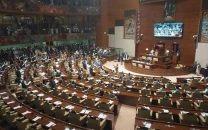


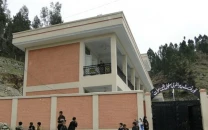

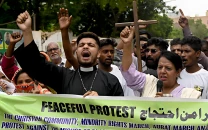

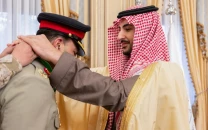


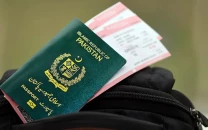







COMMENTS
Comments are moderated and generally will be posted if they are on-topic and not abusive.
For more information, please see our Comments FAQ